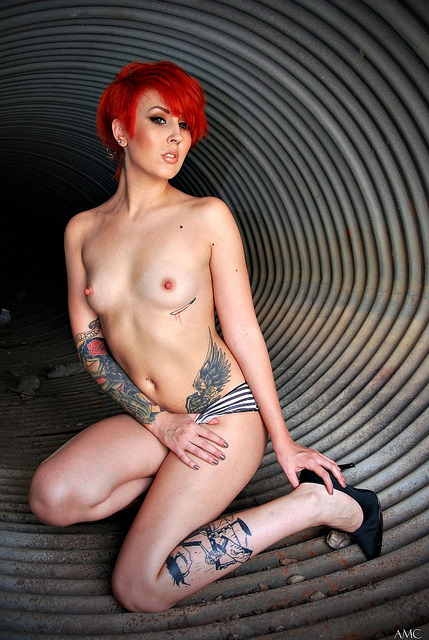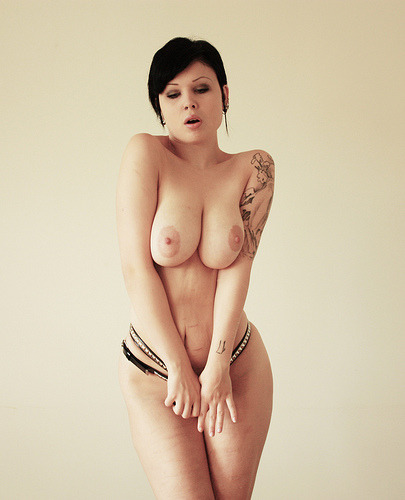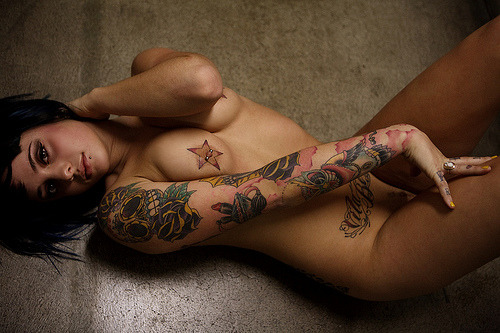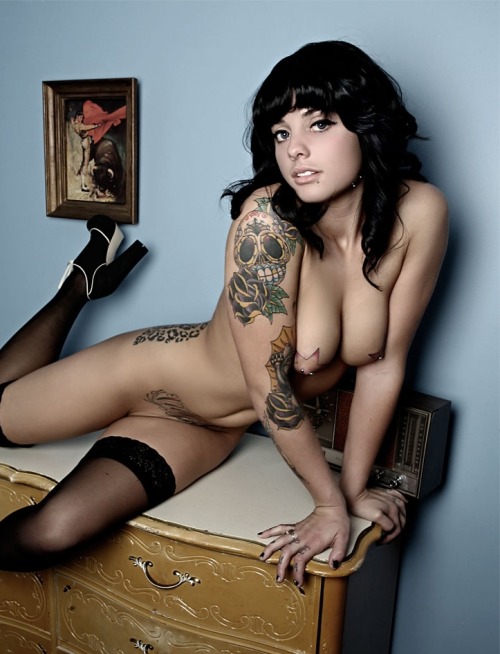
With her dyed-brown long hair and tight designer jeans, Shoko Tendo looks like any other stylish young Japanese woman -- until she removes her shirt to reveal the vivid tattoos covering her back and most of her body.
The elaborate dragons, phoenixes and a medieval courtesan with one breast bared and a knife between her teeth are a symbol of Tendo's childhood as the daughter of a "yakuza" gangster and her youth as a drug-using gang member.
The author of Yakuza Moon, a best-selling memoir just out in English, the 39-year-old Tendo says that police efforts to eradicate the gangsters have merely made them harder to track.
"The more the police push, the more the yakuza are simply going underground, making their activities harder to follow than they ever were before," she said.
Police say full-fledged membership in yakuza groups fell to 41,500 last year, down from 43,000 in 2005, a decline they attribute to tighter laws against organised crime.
The number of yakuza hangers-on, including thugs and members of motorcycle gangs, who are willing to do their dirty work, though, rose marginally to 43,200.
More shocking for many in Japan, where gun-related crime is rare, were a handful of fatal shootings by yakuza earlier this year, including the killing of the mayor of Nagasaki.
Tendo said the shootings were a result of the legal crackdown on yakuza, which has made it harder for them to ply their traditional trades of prostitution, drugs and bid-rigging.
"They're being forced into a corner, their humanity taken away," she said. "All the things they used to do for a living have been made illegal, so life has become very hard."
Experts say this is especially true for gangsters in less affluent parts of Japan, a reflection of the same sort of income gaps that increasingly plague the nation as a whole.
"Yakuza need a lot of money, but depending on where they are, business isn't going so well," said Nobuo Komiya, a criminology professor at Tokyo's Rissho University. "So they turn to guns."
Descended from medieval gamblers and outlaws, yakuza were long portrayed as latter-day samurai, bound by traditions of honor and duty and living extravagant lives.
Tendo's father, the leader of a gang linked to the Yamaguchi-gumi, the largest yakuza group, led a "classic" yakuza life replete with Italian suits, imported cars and a Harley-Davidson motorcycle.
Raised with strict ideas of honour, she was both spoiled and scolded by the tattooed men who frequented her family home.

































